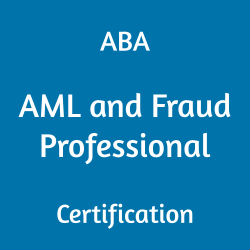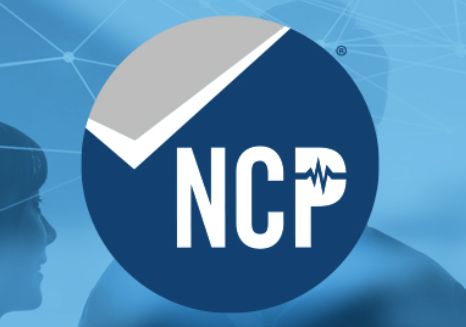Lack of “Check Experts” Hindering FIs with Check Fraud Liabilities
- A lack of check "subject matter experts" is a major issue for FIs
- There are five main varieties of check fraud, according to a guide created by Schneider Downs
- Fortunately, financial institutions and consumers can fight back in specific and effective ways
One major issue that many financial institutions are facing when it comes to check fraud is understanding which financial institution is liable. Unfortunately, as checks slowly declined over the past few decades, we've seen a lack of banking professionals' focus on the payment channel -- leading many FIs without an internal "subject matter expert" to resort to an outside consultant when check fraud occurs.
As noted by James Bi, OrboGraph's Marketing Manager and Check Fraud Detection Specialist:

"Over the past few years, I've been privileged to travel across the country and speak at various banking and payment industry events on check fraud. Inevitably, at each event I would be approached by banking professionals of all levels of experience -- from newbies to veterans -- with questions about certain cases of check fraud and which bank was liable. It's apparent to any keen observer that there is a lack of expertise in the industry."
UCC Guidelines for Check Fraud
While there is no federal law that governs check transactions, many states utilize the rules and regulations of UCC as guidelines.
According to Matthiesen, Wickert & Lehrer, S.C.:
While it is not federal law, most states have adopted their own version of the rules and regulations set forth in the UCC. There are slight variations in the rules from state to state, but most states’ statutes closely mirror the rules proffered by the UCC model. Section 3 of the UCC governs negotiable instruments while Section 4 governs bank deposits and transactions. Sections 3 and 4 of the UCC contain a general framework that can be relied upon to determine the responsibilities of both the Banks and the account holders and allows us to glean which party will ultimately have to bear the loss for the check fraud, and the remedies of each party.

Now that we understand the guidelines, who takes the "hit" when it comes to check fraud? Schneider Downs & Co. provides a quick general overview:
Under UCC § 3-416, the depository financial institution warrants that a check has not been altered. Here, the depository financial institution is in the position to identify an altered check from its direct interaction with the presenter. These losses are typically discovered and reported quickly enough to meet the account holders’ deadlines imposed by UCC § 4-406 though.
The Need for Certified National Check Professionals
Regular readers of our blog know that we believe in educating our audience on the technologies available for check fraud detection, such as image forensic AI. However, we are also proponents of knowledge. OrboGraph's own Joe Gregory, Chief Strategy Officer, is a certified National Check Professional (NCP), and both Peter Shortino and James Bi are Certified AML Fraud Professionals (CAFP).

One way financial institutions can increase their level of knowledge is by having employees receive a National Check Profession Certification from associations like ECCHO (The Clearing House).
The National Check Payments Certification (NCPC) is a premier accreditation which enables career enhancement opportunities for the payment professional who earns and maintains it through its continuing education program. The program provides institutions a ready means of developing or enhancing institutional knowledge which helps combat check fraud.
As James Bi notes:
I've been privileged to collaborate with many different industry experts. This includes Steve Cree of ECCHO and Angie Smith of Wespay -- both NCPs. They are able to listen to details of check fraud cases and determine which rules and regulation apply and help banking professionals. So, why not have resources like this internally?

Indeed, with check fraud running rampant, why would FIs not want to have a subject matter expert in-house to handle these types of cases? We recommend that all FIs encourage their deposit operations and fraud teams to receive certifications that will help their respective organizations.